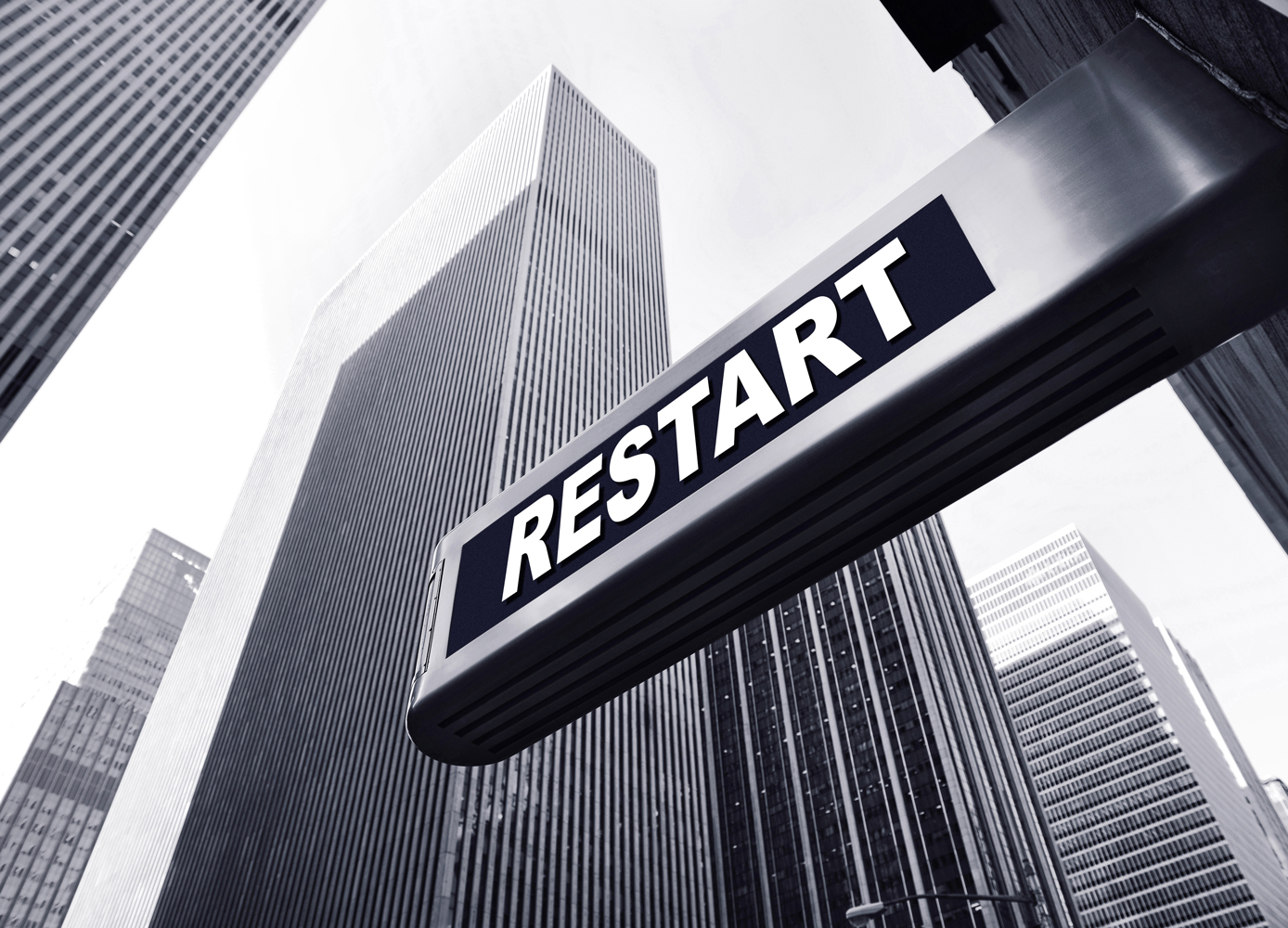Almost half of those receiving government support say they expect to end up deeper in debt
By Caitlin Finlay
The COVID-19 pandemic has left many Canadians relying on financial aid from the government and financial institutions, but these benefits are coming to an end and many aren’t prepared. According to a recent Ipsos poll, almost half of those receiving government COVID-19 support (45%) expect to take on more debt when that support runs out—an increase of 10 points since June. Roughly one in five expects to have to rely on a credit card (21%) or line of credit (18%) to make ends meet; 11% hope to take out a bank loan, and the same percentage expect to declare bankruptcy.
Since the start of the pandemic, more than 8.7 million Canadians have applied for the Canada Emergency Response Benefit (CERB). These benefits have allowed Canadians to provide for their families and pay their bills while dealing with unemployment, pay reductions, or reduced working hours. After September, CERB benefits are scheduled to end and to transition to Employment Insurance (EI), as well as benefits for those who are not eligible for EI, those who are caregivers, those who are sick with COVID-19, and those have to self isolate due to COVID-19. These additional benefits are planned to last for only another year.
Commissioned by MNP Ltd, the largest insolvency practice in Canada, the recent Ipsos poll surveyed 2,001 adult Canadians in early September and found that 43% of Canadians have had their work, or that of someone within their household, disrupted by COVID-19: 13% of Canadians have lost their jobs, and another 14% state that someone within their household has lost a job. Many responded that they were working reduced hours or receiving reduced pay (15%), with an additional 9% saying a household member was in the same situation. Of those who have lost their jobs or had a household member lose a job, 7% said they were receiving CERB and 3% said they would apply for additional COVID-related benefits.
Of the Canadians receiving government financial assistance, 45% say they will take on more debt once the assistance ends and 28% plan to apply for EI. Once CERB ends, 31% of Canadians plan to rely on their savings and 21% will rely on credit cards to pay bills. In terms of financial assistance, 19% say they’ll rely on friends and family, 18% plan to take out a line of credit and 11% a bank loan, 8% will rely on a payday loan service, and 11% will declare bankruptcy. While 45% of Canadians plan to cut back on spending and expenses, many say they’ll have to defer their mortgage (21%), sell their house (16%), or sell assets such as a car, investment, or rental property (15%) to make ends meet.
“Short-term financial relief is ending, but household finances are still disrupted,” said MNP president Grant Bazian. “And on top of that, creditors will soon be looking for ways to catch people up on deferred payments. While jobs have slowly begun returning across the country, that does not necessarily mean relief for all working Canadians.”
With the ending of CERB and the eviction moratorium, many Canadians could turn to high-interest credit options and the current low-interest rates may give a false sense of security when borrowing. If you’re worried about your finances, you should speak to a professional such as a financial advisor or a licensed insolvency trustee.
Photo: iStock/sam thomas.






